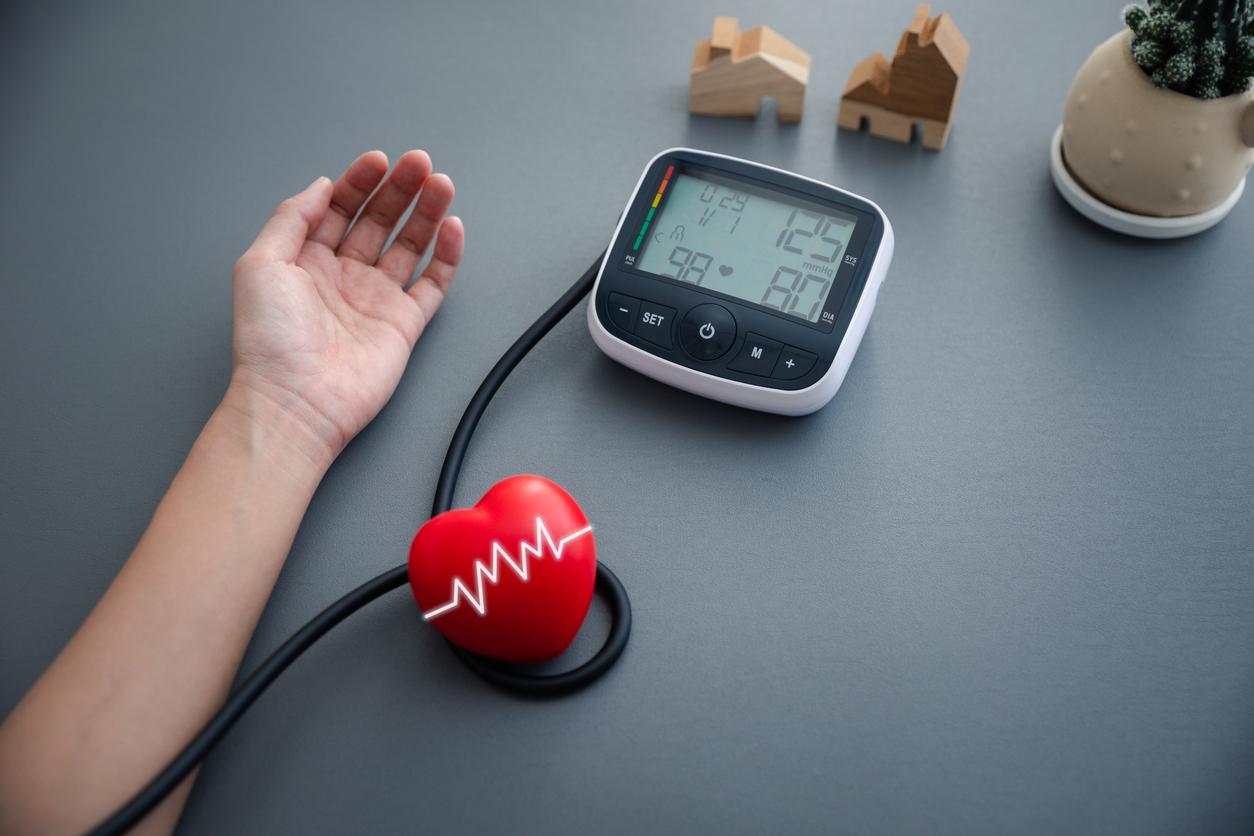Changes in blood pressure may be precursors to dementia and heart disease in older adults, a new study suggests.

- Fluctuating blood pressure may increase the risk of dementia and vascular problems in older adults, according to a new study.
- This work also shows that higher variations in systolic blood pressure are linked to stiffening of the arteries.
- For researchers, variations in blood pressure can be considered an early marker of dementia.
High blood pressure is a well-known risk factor for dementia and several cardiovascular diseases. However, a new study led by researchers at the University ofSouth Australia suggests that variations in blood pressure could also be detrimental to the health of seniors.
The results were published in the journal Cerebral Circulation – Cognition and Behavior.
Blood pressure variations impact cognitive health
To assess the link between blood pressure fluctuations and dementia, researchers studied a group of 70 healthy older adults with no signs of dementia or cognitive impairment. Cardiovascular and cognitive examinations were performed. Analysis of the data collected has showed that significant variability in blood pressure throughout the day, as well as across days, was correlated with reduced cognitive performance.
Scientists also noticed that fluctuations in systolic blood pressure were associated with increased stiffness of blood vessels in the arteries. This disorder is for its part linked to heart problems.
“These results indicate that the different types Blood pressure variability likely reflects different underlying biological mechanisms, and that variation in systolic and diastolic blood pressure is both important for cognitive functioning in older adults.explains lead author Daria Gutteridge in a communicated.

Dementia: variations in blood pressure as an early marker of disease
The links observed between variations in blood pressure and cognitive and cardiovascular problems (arterial stiffness) were also present in elderly people without deficiency. Thus for the Australian researchers, their results suggest that fluctuations in tension in the short or medium term could potentially serve as an early clinical marker or treatment target for impaired cognitive function in seniors.
“Clinical treatments focus on hypertension, while ignoring blood pressure variability”explain Darya Gutteridge before recalling that “Blood pressure can fluctuate over periods of time – short and long – and this appears to increase the risk of dementia and poor blood vessel health.”
















